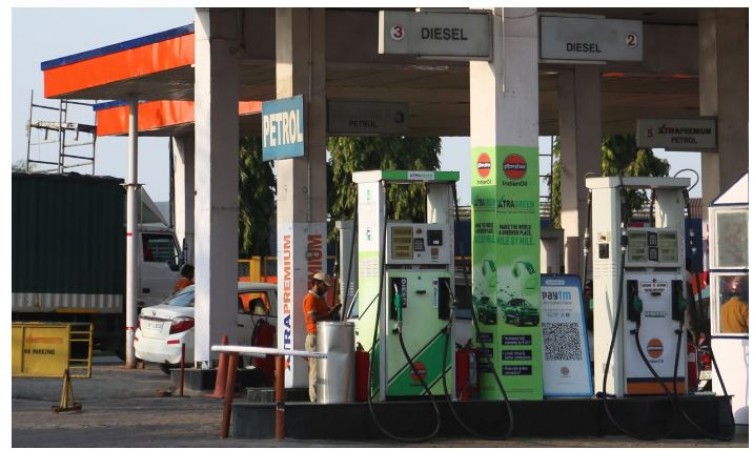
In a groundbreaking development, the Indian Oil Corporation (IOC) has commenced the production of specialized 'benchmark' petrol and diesel in India, marking a significant milestone in the nation's automotive industry. These high-specification fuels are instrumental for the calibration and evaluation of vehicles and are sought after by automobile manufacturers and testing authorities such as the International Centre for Automotive Technology (ICAT) and the Automotive Research Association of India.
For decades, India had relied on fuel imports to meet the demand for these niche fuels. However, this paradigm is undergoing a radical transformation as the IOC has successfully engineered its own domestically produced alternatives, ensuring a dependable supply at a substantially reduced cost for vehicle manufacturers and testing organizations.
Traditionally, fuel retailers like the IOC have offered two primary categories of petrol and diesel through their extensive network of fuel stations, namely regular and premium variants. The principal distinguishing factor between the standard and premium fuels is the octane rating. While conventional fuel typically boasts an octane number of 87, premium fuel reaches an octane rating of 91 or even higher.
The octane rating serves as a critical metric for assessing the ignition quality of petrol. Nevertheless, for the rigorous demands of vehicle testing, the fuel must adhere to specifications that exceed those of regular or premium petrol and diesel. Government regulations dictate a multitude of criteria, including the Cetane number, flash point, viscosity, sulfur content, water content, hydrogen purity, and acid number. These specialized fuels, adhering to these stringent criteria, are referred to as 'benchmark' petrol and diesel.
Such 'benchmark' fuels find extensive application in emission testing, particularly for vehicles equipped with spark ignition engines. Until recently, these fuels had not been produced by refineries in significant quantities, primarily due to the relatively low volume requirements.
Aligned with the government's vision of becoming Aatmanirbhar, or self-reliant, IOC has embarked on the production of these essential fuels within its refineries. This pivotal move is expected to be officially unveiled at a special event, with the presence of India's Oil Minister, Hardeep Singh Puri.
Apart from IOC, Bharat Petroleum Corporation and Hindustan Petroleum Corporation Ltd (HPCL) also dominate the fuel retail sector in the country, collectively commanding approximately 90 percent of the market share.
How to Enhance India-Japan Semiconductor Partnership: Cabinet Approval
India Poised to Surpass Japan as World's 3rd-Largest Economy by 2030: S&P Global Forecast